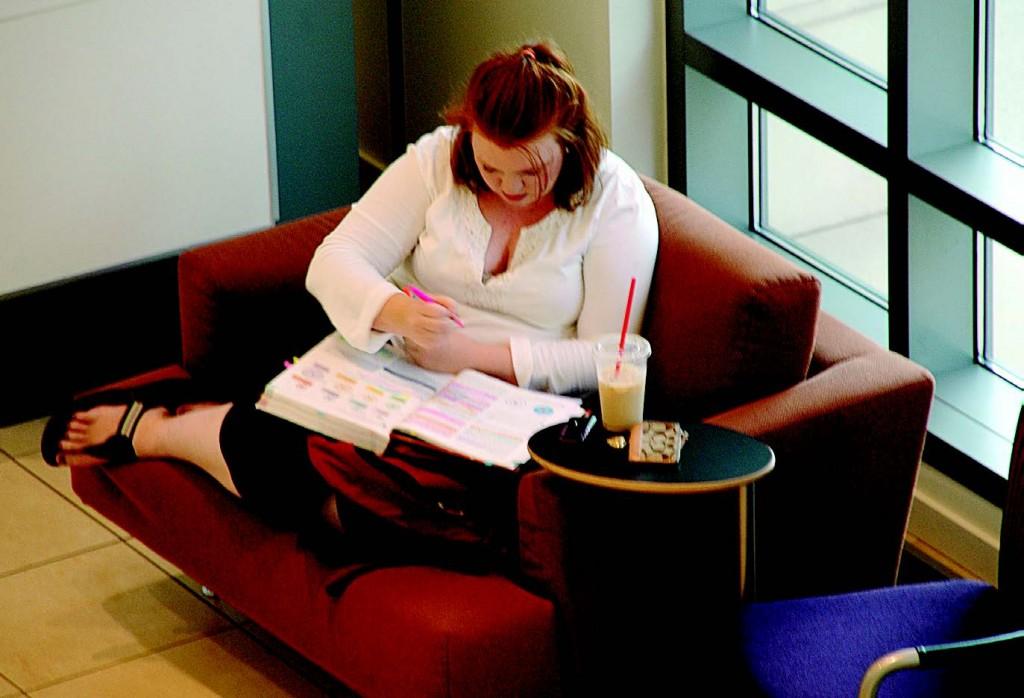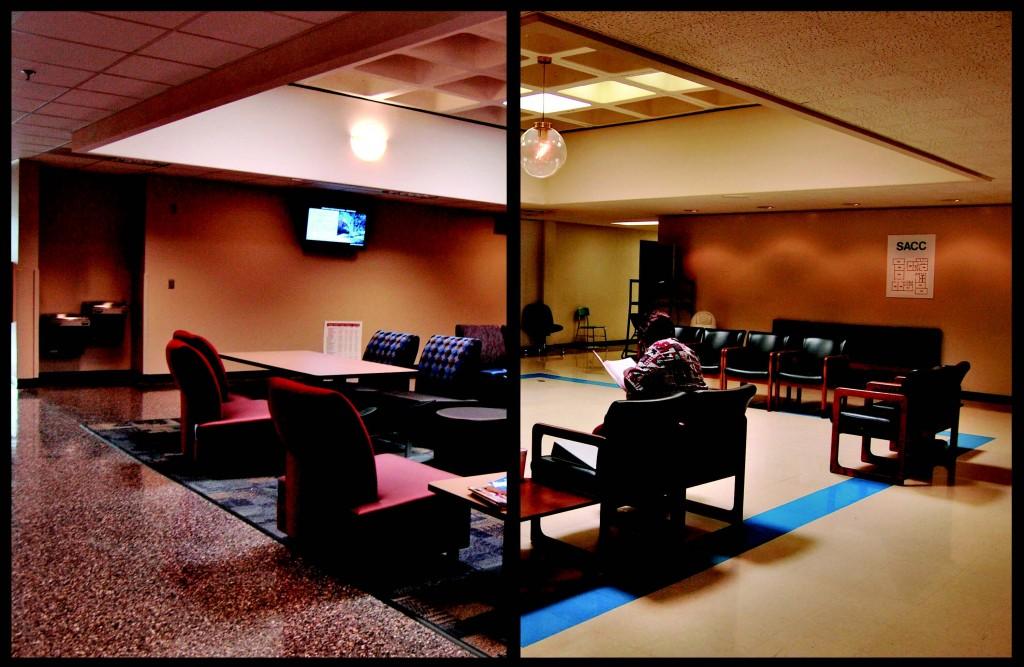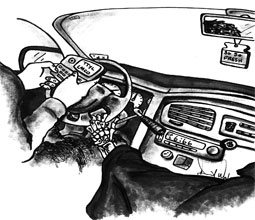By Brittany walker/reporter
Approximately 15 percent of people have attention or learning disorders, a NE Campus counselor told South Campus students Sept. 1.
Anita Peters explained the different types of learning disabilities or attention disorders and the importance of knowing what they are during a student success seminar, What Is a Learning Disorder?
Attention disorders are caused by biological reasons involving the frontal lobe of the brain while learning disabilities have to do with “our hard wiring,” Peters said.
Those who have attention disorders are often inattentive or impulsive and tend to procrastinate and forget things.
This type of disorder “interferes with daily functioning,” she said.
Peters provided ways to conquer attention disorders.
“Before you study, go work out,” she said.
Although tests for attention disorders do not exist, Peters said one can be diagnosed by a specialist.
To illustrate life with learning disabilities, Peters asked students to “imagine a world that spoke only German.”
For those who do not speak German, life would be difficult. Simple tasks such as reading and writing would no longer be so simple.
Peters said learning disabilities do not stem from mental retardation or an emotional disorder. Instead, they have to do with how individuals take in, process and express information.
Learning disabilities have no cure, Peters said.
“They don’t go away,” she said.
However, certain learning strategies can help students with learning disorders.
With hard work and perseverance, anyone can conquer learning disorders, Peters said.
Famous figures such as Albert Einstein, Walt Disney, Whoopi Goldberg and Henry Ford have struggled with them.
South Campus student Jada Joblin, who has a learning disability, said she often struggles with math.
“It’s like everything jumbles in my mind,” she said.
She was not aware of her learning disability until she met with Peters who then suggested she be tested.
Now that Joblin has the knowledge of her learning disability, she said she can more easily cope with it.
“Different equals different,” Peters said, “not better than, worse than, inferior or superior.”
She said people have their own genetic makeup, and everyone has a different way of learning. Peters said it is important to educate others and to encourage those who have learning disorders to seek help.
For more information, students can visit the Disability Support Services office on their campus.

























